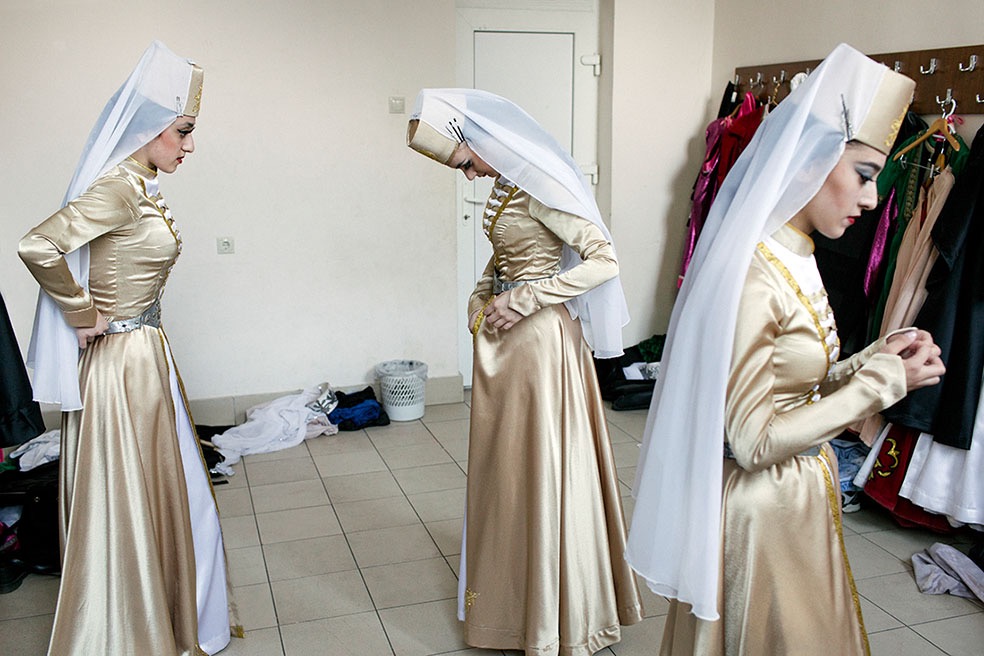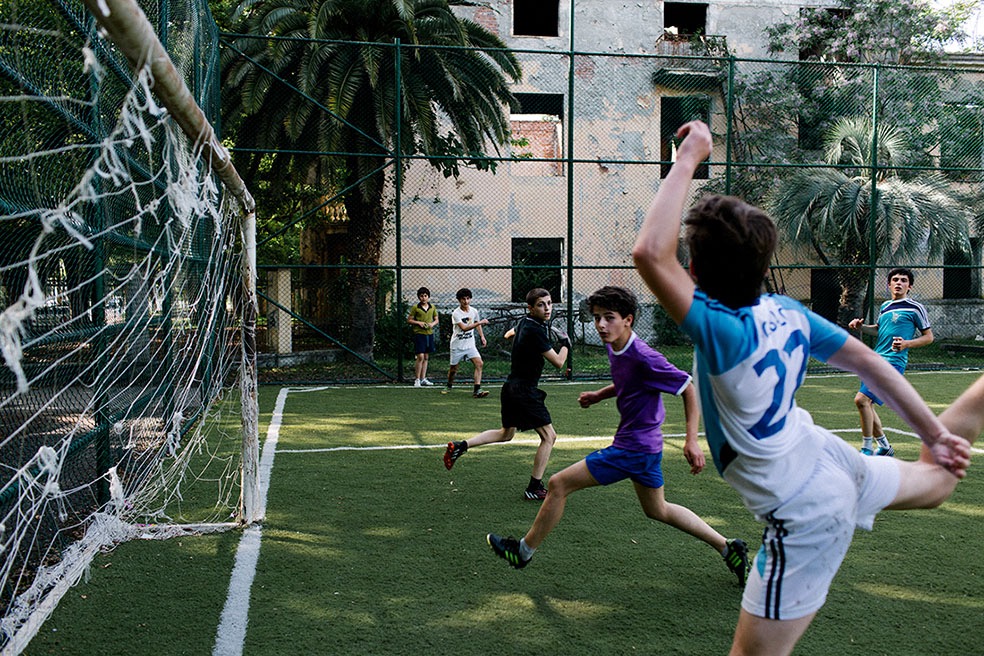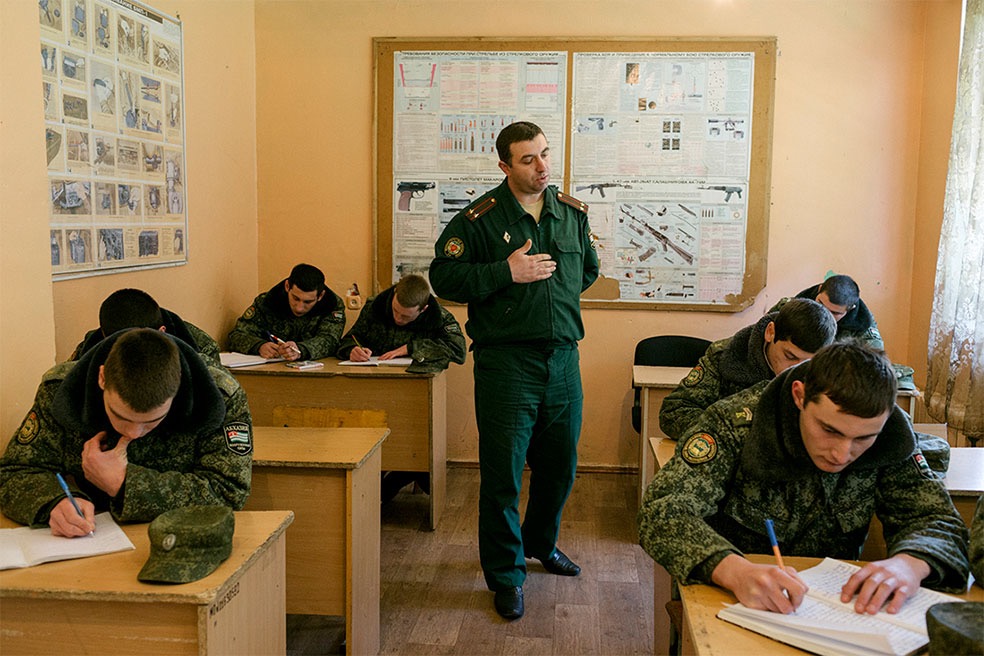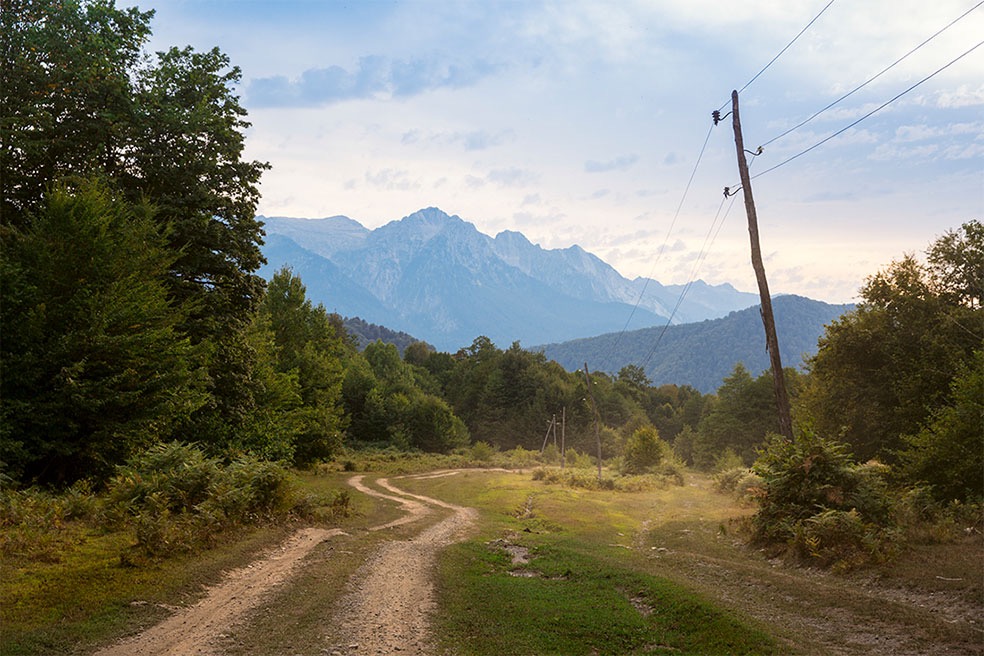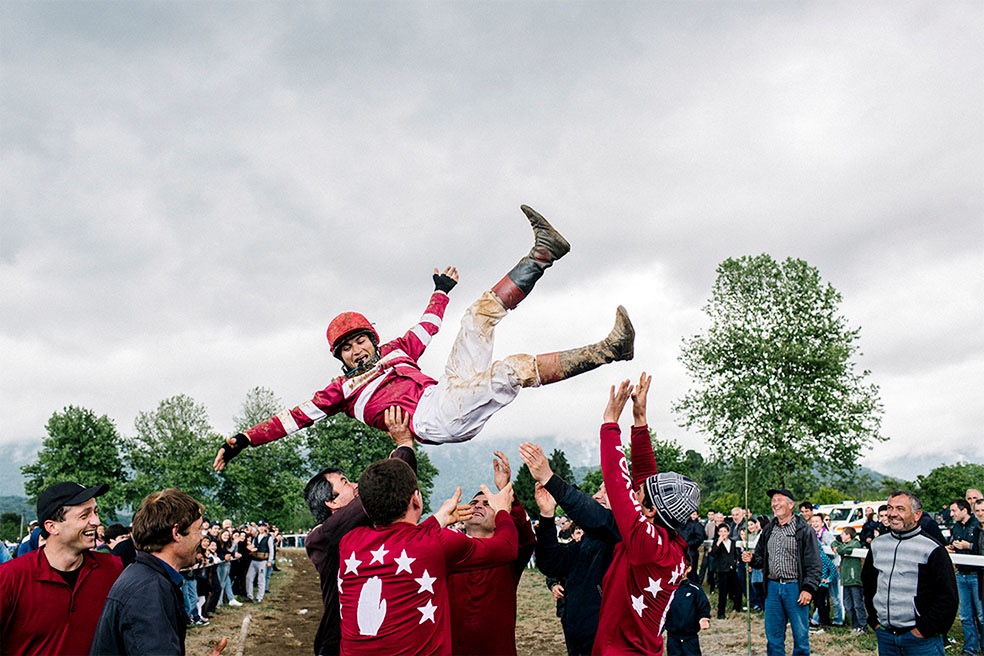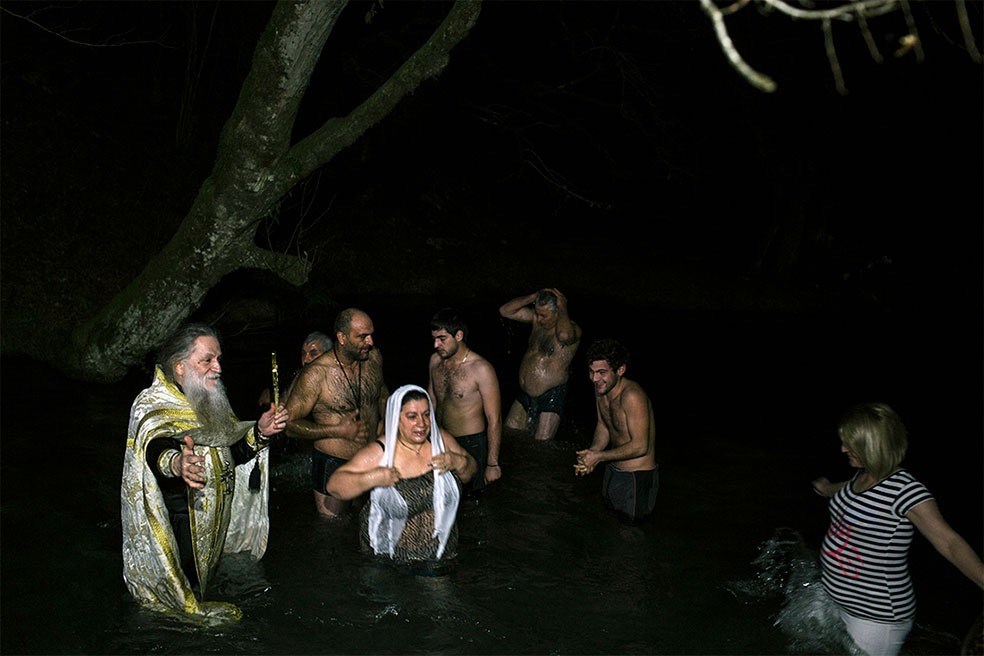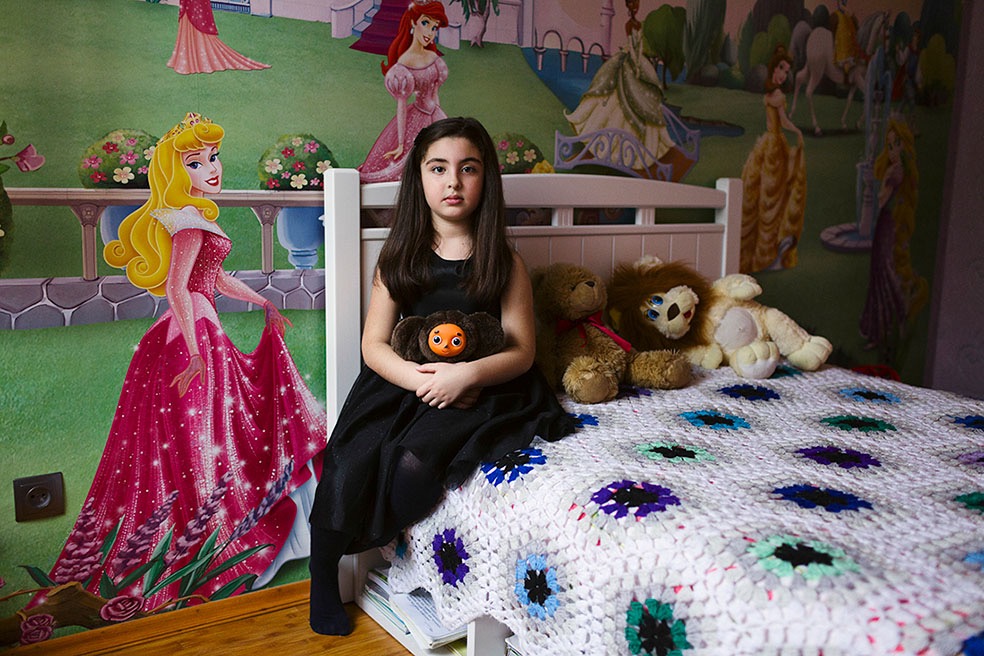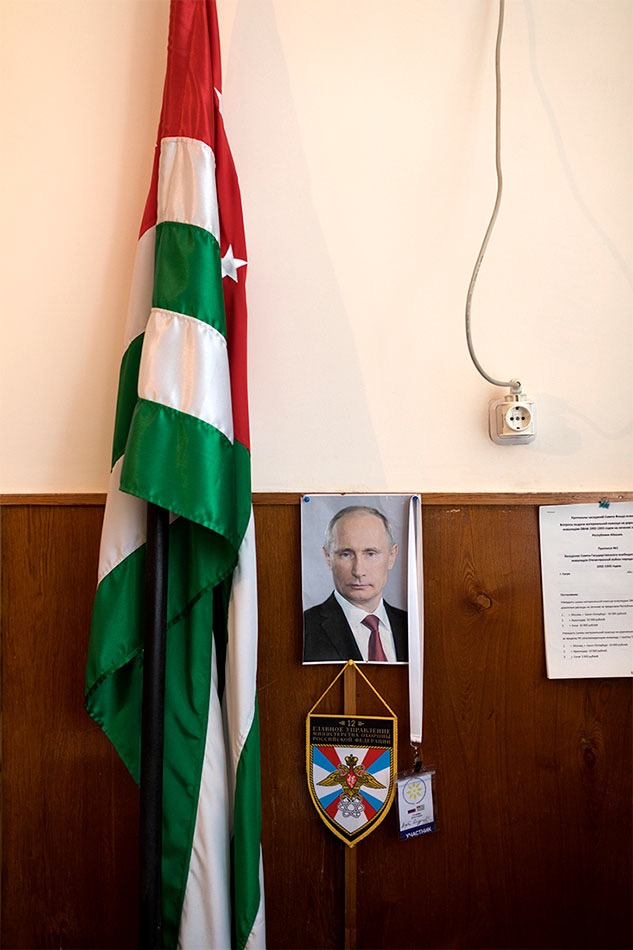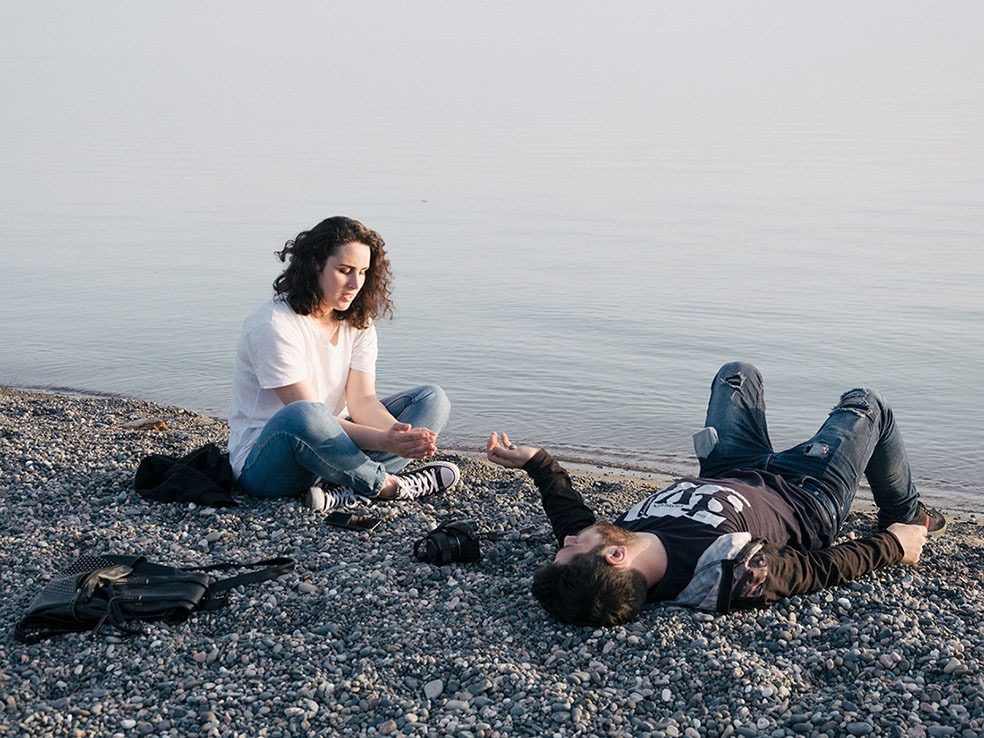There is an old legend the Abkhaz people like to tell to the visitors: When God gave each nation its place under the sun, the Abkhaz was too busy taking care of his guests so he came late and there was no land left for him. But God remembered the great hospitality of the Abkhaz so he gifted him the only place left where God himself wanted to live – the small region on the shores of the Black Sea.
Unfortunately, the real life is only a distorted reflection of this legend. Abkhazia, once one of the most beloved touristic regions of the Russian Empire and later of the Soviet Union, is really a lost place on the world map. Officially still a part of Georgia, separated after the civil war of 1992, it’s a state recognized only by Russia and just a couple of other countries. A hostage of the foreign policy of its gigantic northern neighbor and its imperialistic ambitions, Abkhazia is on a list of other Russian puppet states, which includes another Georgian region of South Ossetia, the Transnistria region in Moldavia or the recent self-proclaimed DNR and LNR states of Donetsk and Luhansk respectively in Ukraine.
The small stripe of land between the sea and mighty mountains of Caucasus, only a fifth of the size of Netherlands, it is long forgotten by the global media circus as well as by international politics. Without any real industry, infrastructure or educational power it exists from occasional nostalgic tourism from ex-USSR citizens, foreign Abkhaz diaspora and scarce russian alimony. The story „Abkhazia“ is a portrait of the country that is caught in a two-decade long sleep without any signs of waking up in sight. It researches the everyday life of people who try to exist within this uncertainty, within a system that doesn’t have a future and doesn’t seek one.
Ksenia Kuleshova – Russian photographer based both in Germany and Russia.
Website: kuleshova.de
